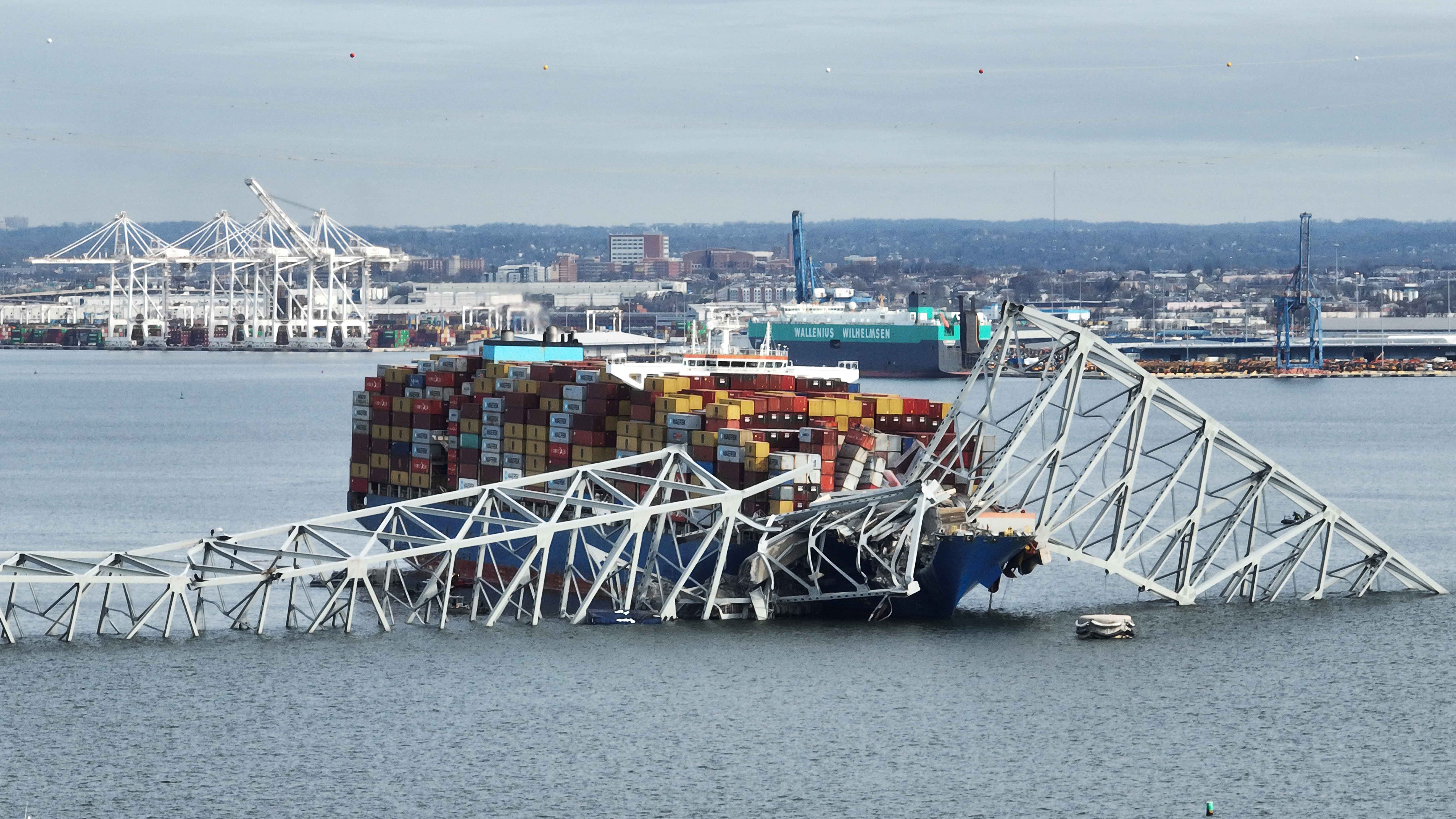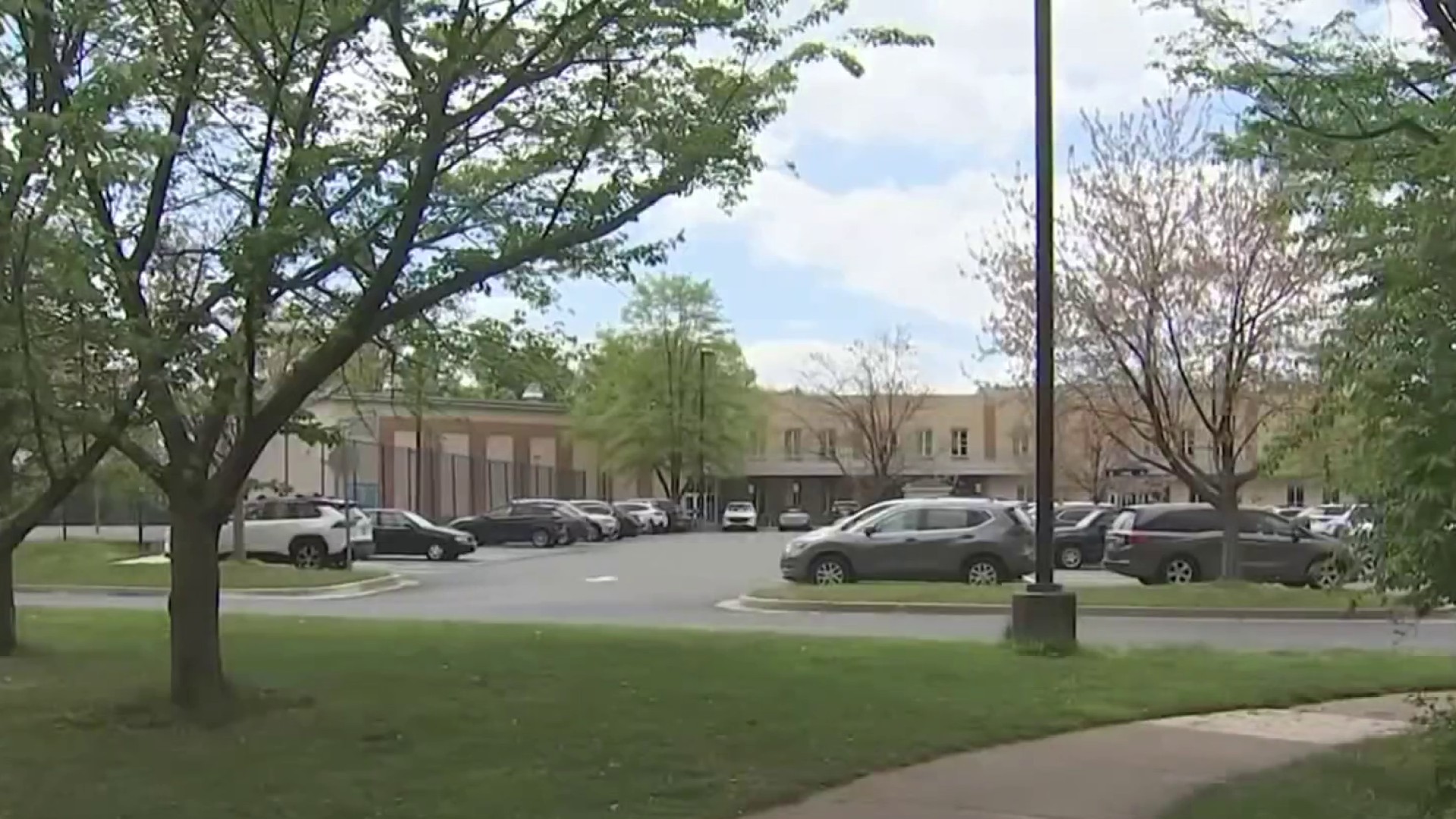Gov. Martin O’Malley said Thursday that he would not call a special legislative session for July 9 to work out a deal to expand the state’s gambling program as he had originally planned.
According to The Baltimore Sun, much of the governor’s focus this week has been on the aftermath of the derecho storm that hit Maryland and the D.C. area late last week. But he still met with House Speaker Michael Busch Tuesday to see where House leaders stood on the issue and said he would subsequently reach out to specific lawmakers.
The Sun reported that O’Malley intends to announce Friday that he will continue to try and work out a deal to expand gambling in the state.
During the regular legislative session, the Senate passed a bill to expand gambling to allow table games and to create a new casino at National Harbor in Price George’s County. The House did not pass this bill.
A work group of House lawmakers that O’Malley created after the legislative session ended still failed to reach a consensus on the issue.
If both chambers pass the gambling legislation, the issue would still have to go to voters in November. But lawmakers are under a time crunch because if the legislation is not passed soon, it would have to wait until 2014 to go on the ballot. The deadline, according to The Sun, for ballot language to be approved for this November’s election is Aug. 20.
In an op-ed for the Sun, Martin G. Knott Jr., the newly elected chairman of the Maryland Economic Development Corporation (MEDCO), wrote that Maryland needs to act now to expand gambling.
Local
Washington, D.C., Maryland and Virginia local news, events and information
Maryland's casinos need table games to compete with neighboring states. And we need them as soon as possible.
Some believe our state has the luxury of waiting until the state's current casino program is fully up and running. A recent editorial in The Sun argued against holding a special session to expand gaming on the grounds that the legislature might not get the tax rate right again. It is true, as the editorial stated, that Maryland, by passing the nation's second-highest gaming tax, "betrayed an unsophisticated understanding of gaming economics," chasing away most investors. In fact, Maryland ended up with only one qualified investor for each of its major sites, in Anne Arundel County and Baltimore City.
But the fact is, Maryland does not have the luxury of waiting. The state is losing $300 million in tax revenue each year it does not act. The state's consultant also projected that Maryland taxpayers will lose as much as $120 million on government-owned and leased slot machines because the state is paying nearly twice as much as private operators.
* In his new role as chairman of the Committee on Resolutions at the Republican convention, Gov. Bob McDonnell may find himself “playing referee in a showdown between the conservative and the establishment wings of the party,” The Washington Examiner reports.
Via Examiner:
"McDonnell is probably a very good choice to try to split the difference between the more moderate people and the more conservative people who backed other candidates going into the convention," said Stephen Farnsworth, political scientist at the University of Mary Washington. "He's been able to be quite conservative in policy issues without scaring the moderates."
"There is a downside risk, of course," Farnsworth noted. "If the Republican convention goes in a really extreme direction, it might look like the socially conservative lawmaking of the Virginia General Assembly all over again."
* The Roanoke Times Editorial Board wrote that while Gov. McDonnell previously appointed health and business leaders to help implement the new health reform law, he now prefers to play politics.
It's disappointing to see that Gov. Bob McDonnell has joined the forces of inertia and declined to call a special session of the General Assembly to address two key decisions confronting Virginia. His do-nothing approach could cost the commonwealth millions of dollars and deny many thousands of Virginians access to primary medical care.
The first decision Virginia must make is whether to set up its own health exchange. The federal law requires every state to have an exchange that will operate websites that allow individuals and small businesses to comparison shop for health insurance. States have the option to set up their own or to let the federal government operate one for them.
McDonnell created the Virginia Health Reform Initiative and asked health and business officials to advise him on the exchange. The group urged state leaders to set up their own exchange. Some top Republican lawmakers agreed with that approach, but McDonnell failed to push the initiative through the legislature.
* Parking changes are underway in D.C.
As early as next Tuesday, D.C. council members are set to approve sweeping measures that would “erode the expectation of on-street parking in urban settings and recalibrates residents’ relationships with their cars,” according to The Post.
The legislation, already preliminarily agreed to, would allow the city to strike agreements with developers under which residential parking permits could be denied to tenants in some buildings yet to be constructed. Potential dwellers would have to swear off residential parking as a condition of sale or lease, meaning they would have to forgo owning a car or pay for private parking to avoid summonses.
* Brian Moran, chairman of the Democratic Party of Virginia, announced Thursday that he would resign from his controversial position at a for-profit college group, according to the Post.
Moran said he would leave the Association of Private Sector Colleges and Universities Aug. 1 to focus more on the Democratic party.



